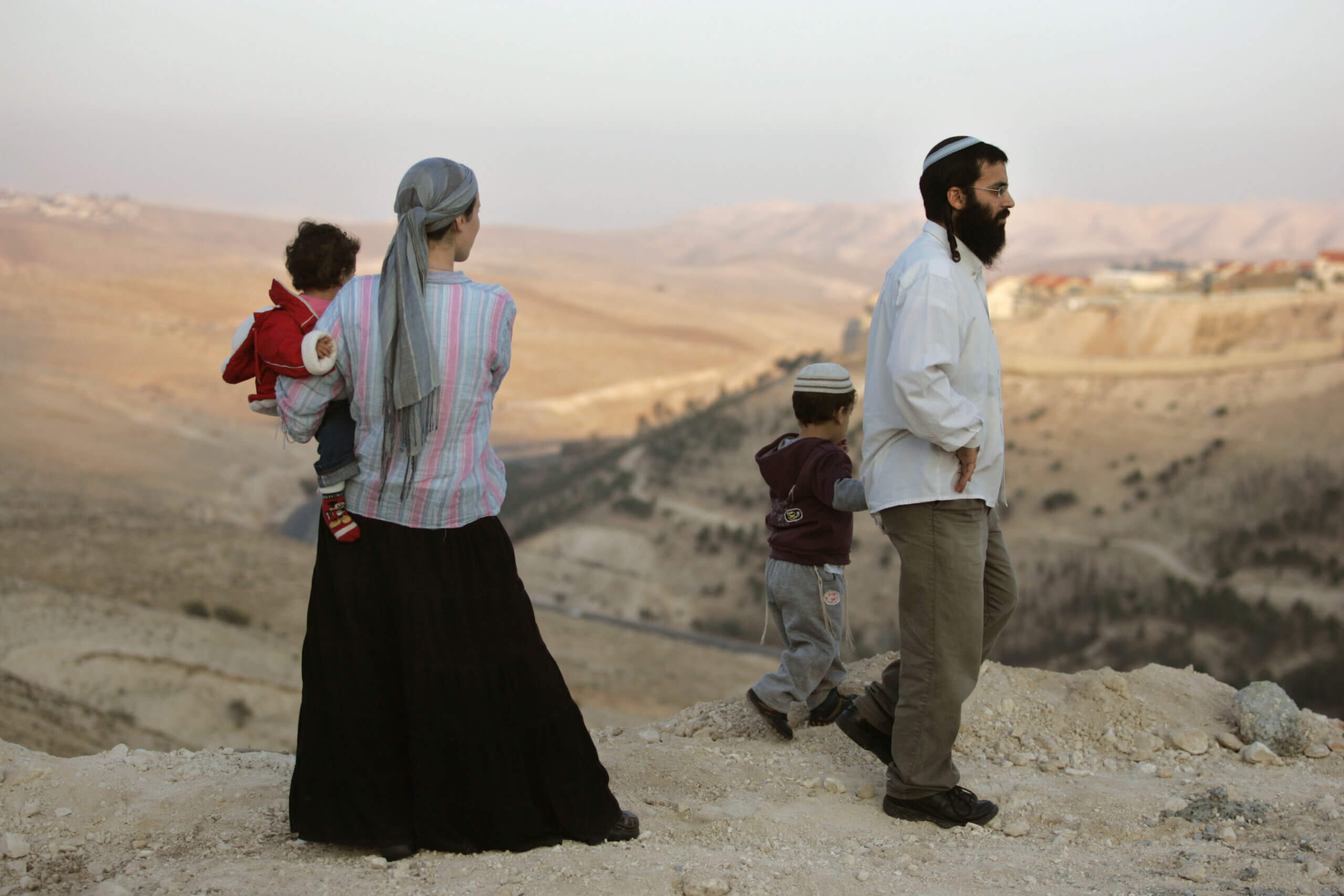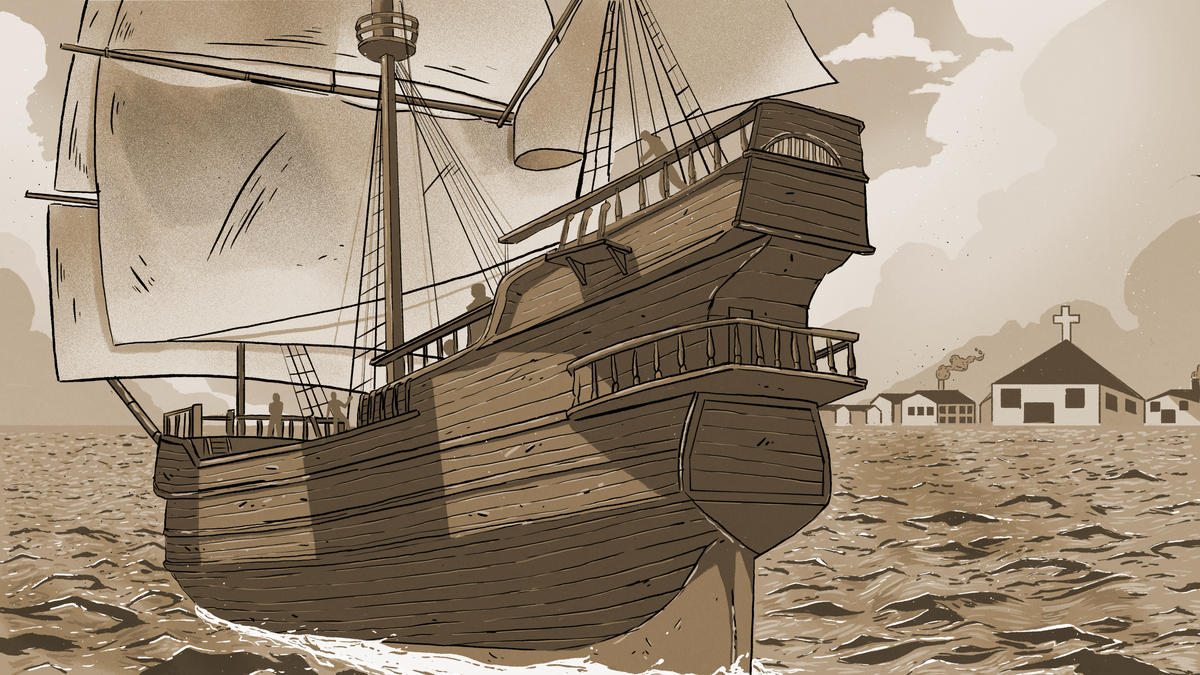- Mar 11, 2015
- 101,515
- 110,927
- 3,645
We Blacks know the whole truth. As for African culpability in the slave trade, know that what you said is incorrect.Henry Louis Gates Jr, the Harvard University Professor and Director of its African and African-American Research Center, wrote in the pages of The New York Times, July 20, 1992, that ". . . of all the African slaves imported into the NEW WORLD, AMERICAN JEWISH merchants accounted for LESS THAN 2 PERCENT . . . . They might [also] find out that in the domestic trade it appears that all of the JEWISH slave traders combined bought and sold FEWER slaves than the single GENTILE firm of Franklin and Armfield." (All emphases mine.)
As for African culpability in the African slave trade, know that African merchants brought caravans of slaves to the coast for sale, while African tribal leaders went to war with other tribes in order to obtain captives to sell into slavery; they established the trading regulations, dictated the terms, and set the prices under which the Europeans operated.
Many nations such as the Ashanti of present-day Ghana and the Yoruba of present-day Nigeria were involved in slave-trading. Groups such as the Imbangala of Angola and the Nyamwezi of Tanzania would serve as intermediaries or roving bands, waging war on African states to capture people for export as sl__es. Historians John Thornton and Linda Heywood of Boston University estimate that 90 percent of those shipped to the New World were ensl__ed by Africans and then sold to European traders. Henry Louis Gates has stated that "without complex business partnerships between African elites and European traders and commercial agents, the slave trade to the New World would have been impossible, at least on the scale it occurred."
Here’s what the late Walter Rodney had to say about Europeans’ role in the slave trade in his seminal work, “How Europe Underdeveloped Africa,” which was published in 1972:
“From the beginning, Europe assumed the power to make decisions within the international trading system. An excellent illustration of that is the fact that the so-called international law which governed the conduct of nations on the high seas was nothing else but European law. Africans did not participate in its making, and in many instances, African people were simply the victims, for the law recognized them only as transportable merchandise. If the African slave was thrown overboard at sea, the only legal problem that arose was whether or not the slave ship could claim compensation from the insurers! Above all, European decision-making power was exercised in selecting what Africa should export – in accordance with European needs.”
Here are words from an African about it.
Before the white man came to Africa, tribal wars were mostly fought with swords, spears, bows and arrows. Although these weapons were lethal they were nowhere near as quick and fatal as the gun. The problem here was that, only the white strangers had guns and decided which tribal group to support in times of battle. Any tribal group the white strangers supported with their powerful cannons, guns and ammunitions, easily conquered their enemies. This also created another major problem. The white strangers did not support any tribal group for free. In fact, the white strangers started demanding taxes (which included pieces of gold and prisoners of war) and total submission after victory. Any tribal group or community which failed to submit to the Europeans and pay taxes were wiped out. Sometimes the leaders of those communities were executed publicly as a form of warning to neighboring communities. Most communities in Africa were turned into concentration camps with European authorities in place. Although not often mentioned in history books, there were well trained and well equiped European troops all across Sub-Saharan Africa and they fought several battles with native tribes who refused to submit to European authority and that explains the several ‘European against natives’ wars in the African history.
In other words, my ancestors were not ready to give their own brothers and sisters out into slavery. In fact, most fought and died in battle just to save their communities from the hands of those white strangers. Rather, the white strangers were the ones who “demonically” manipulated my people by creating so much confusion between the various tribes and creating so many tribal wars all in an effort to get slaves.
In Ghana for example, because the Ashanti empire was so powerful to defeat, the white strangers created so much confusion and so many wars between the Ashantis and the neighboring tribes and in most cases supplied some of those neighboring tribes with guns to enable them defeat the Ashantis. The white strangers continued this until they were able to defeat the Ashantis and took away the king of the Ashantis (Nana Prempeh I) and the queen mother (Nana Yaa Asantewaa) and several others into exile just to break the Ashanti kingdom apart even after slavery so they could colonize and control the Ashanti gold,etc.
The Schomburg Center documents similar situations.
“Africans started to fight the transatlantic slave trade as soon as it began. Their struggles were multifaceted and covered four continents over four centuries. Still, they have often been underestimated, overlooked, or forgotten. African resistance was reported in European sources only when it concerned attacks on slave ships and company barracoons, but acts of resistance also took place far from the coast and thus escaped the slavers’ attention. To discover them, oral history, archaeology, and autobiographies and biographies of African victims of the slave trade have to be probed. Taken together, these various sources offer a detailed image of the varied strategies Africans used to defend themselves from and mount attacks against the slave trade.
The Africans’ resistance continued in the Americas. They ran away, established maroon communities, used sabotage, conspired, and rose against those who held them in captivity. Freed people petitioned the authorities, led information campaigns, and worked actively to abolish the slave trade and slavery.
In Europe, black abolitionists launched or participated in civic movements to end the deportation and enslavement of Africans. They too delivered speeches, provided information, wrote newspaper articles and books. Using violent as well as nonviolent means, Africans in Africa, the Americas, and Europe were constantly involved in the fight against the slave trade and slavery.”
Africans did NOT sell their own people into slavery, https://www.africaw.com/africans-did-not-sell-their-own-peopleinto-slavery
Schomburg Center for the Research of Black Culture “The Abolition of the Slave Trade-African Resistance.” Home - The Abolition of The Slave Trade
“One major author on the slave trade (appropriately titled Sins of Our Fathers) explained how many white people urged him to state that the trade was the responsibility of African chiefs, and that Europeans merely turned up to buy captives- as though without European demand there would have been captives sitting on the beach by the millions!
- Walter Rodney






